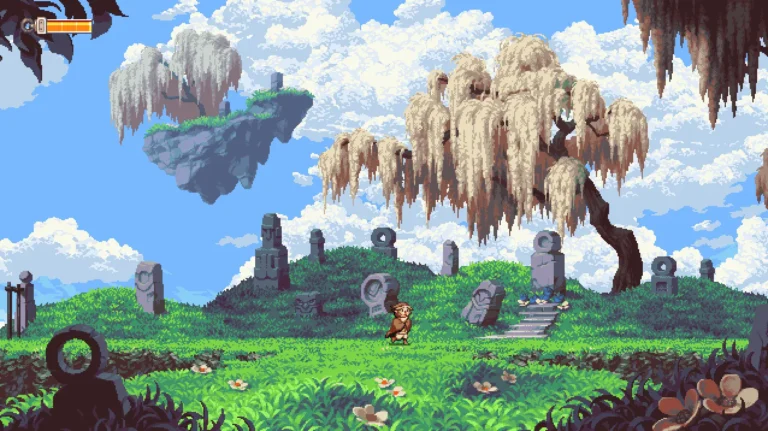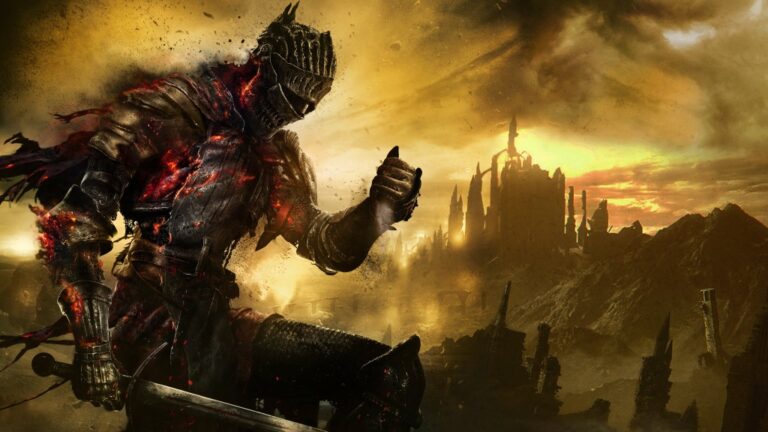We’ve all had moments like this. We’re engaged in a tense moment in our video game; could be a boss battle, a competitive multiplayer match, or a particularly perplexing puzzle. Then something goes wrong: the puzzle gets even more complex, the enemy’s team flanks you, or the boss unleashes a one-shot move, never seen before. Repeat this enough, and the blood begins to boil. Before we know it, it happens: our skin turns green, we let out a guttural roar, and the controller we were once holding is now in pieces on the floor. We not only quit, but we quit with a visceral rage that makes the Kratos from the God of War series look like a puppy.
Rage quitting is a common trope of gaming. It’s even a meme in some regards. It occurs when we’re playing a game that’s frustrated us to our breaking point and we simply cannot take anymore. The result is from the mild exiting the game and shoving the keyboard away to deleting the game off the system… by putting a hammer through said system. You can often tell when someone is about to rage quit by their high-pitched screeching in a game like Fortnite or Call of Duty.
But we as Christians often remember, if even for a split millisecond before our foot goes through the screen, the verse in Ephesians 4:26a, “In your anger, do not sin”. But what does that look like exactly? Well, here are 3 ways you can avoid the rage while gaming.
1. Take A Break
I’m well aware of how much of a no-brainer this one is. But we often forget it. There are times when I’ll keep trying to power through a game like Dark Souls 3 or Overwatch when things are just not going well. I keep getting destroyed by a boss or I keep getting paired with teammates who won’t play the objective or stay close to me (seriously, how am I supposed to heal my team when they’re all scattered). The definition of insanity, according to Far Cry 3’s titular villain, Vaas, is doing the same thing over and over again, expecting a different result. And that’s exactly what will lead to a rage quit.
You can’t expect to power through sections of games when you’re consistently growing in anger. You’ll make rash decisions, psych yourself out, and wind up making more mistakes than you would if you were calm. So it’s okay to say, “I think I’m done for right now”, and go take a break. Plus, think of how much more angry you’d be having to replace a $60 controller (or your TV).
2. Drop the Difficulty
This one is sure to garner some scoffs. There’s a pressure to play games on at least the Normal difficulty setting. Easy/Beginner is for little kids and new gamers, right? Especially if you’re a trophy hunter, like myself, certain trophies require you to play the game on Insanity difficulty. But is it worth getting that trophy if you lose your sanity (and your controller/keyboard) in the process?
I’m going to tell you something that other gamers won’t: there’s no shame in playing a game on Easy/Beginner. Matter of fact, this is a pretty smart thing to do. Think about it: playing a game on an easier setting gets you used to things like boss fights and mechanics. When you finally jump to a higher difficulty setting, you’re better off than someone who jumped straight to Insanity because you’re familiar with the different mechanics and move-sets of the bosses.
And if a game doesn’t have a difficulty setting, like Dark Souls, then consider playing a similar game that’s more accessible. For example, Salt & Sanctuary and Lords of the Fallen are much more forgiving games in the Soulsbourne genre.
3. Embrace Your Failure
We often boast of our wins and triumphs but how often do we boast in our failures? Think about it this way: how would your second match of League of Legends look if you noticed where your team could improve, and then communicated that, gracefully, to them? How would your 5th run through Dead Cells look if you took note of how your timing with the shield is off and worked on improving it?
See, this is the step where you embrace your failures and own them. Rather than getting frustrated, you get excited about making mistakes because, with every mistake you unintentionally make, you’re learning something about either the game or yourself. This is why I love games like Mega Man X and Dark Souls; two game series’ that frustrate the majority of gamers. When I make a mistake, I take note of it and think of how to do better next time. And if I can’t get the hang of it, I’ll take a break for a while so I can come back later with a fresh pair of eyes and reflexes.
“It’s Just A Video Game”
At the end of the day, remember it’s just a video game. I know this is a cliche but it’s true. If you don’t win that match in Battlefield, or make it past a platforming section in Celeste, it’s okay. It doesn’t make you any less of a person. Even pro gamers have moments where they don’t triumph. But we as Christians can take satisfaction in knowing that our salvation in Christ doesn’t depend on our performance in video games. Which, is PTL (Praise The Lord), because I’m not very skilled to begin with.







Leave a Comment